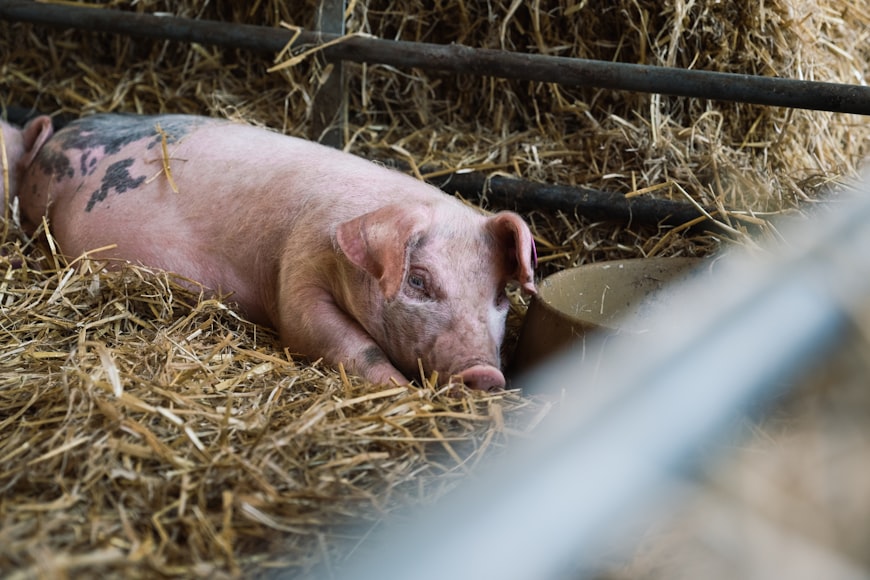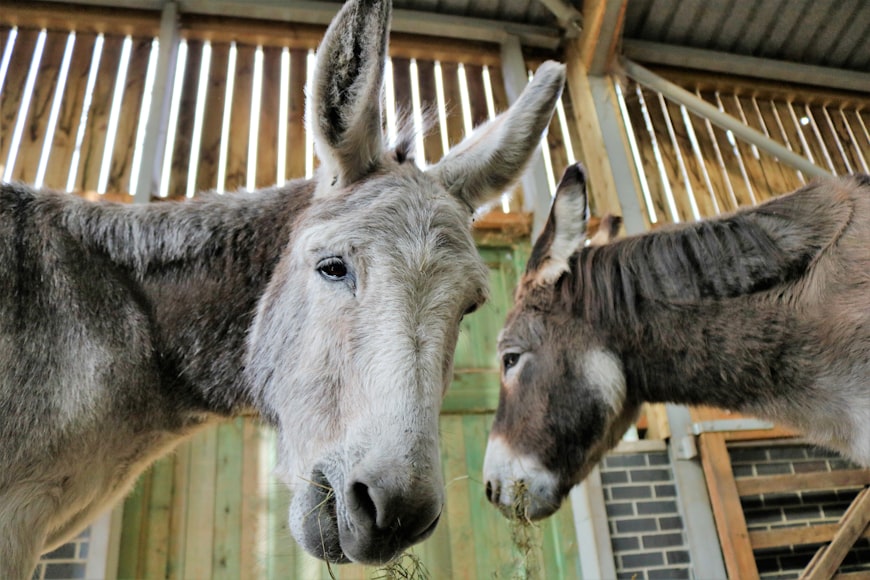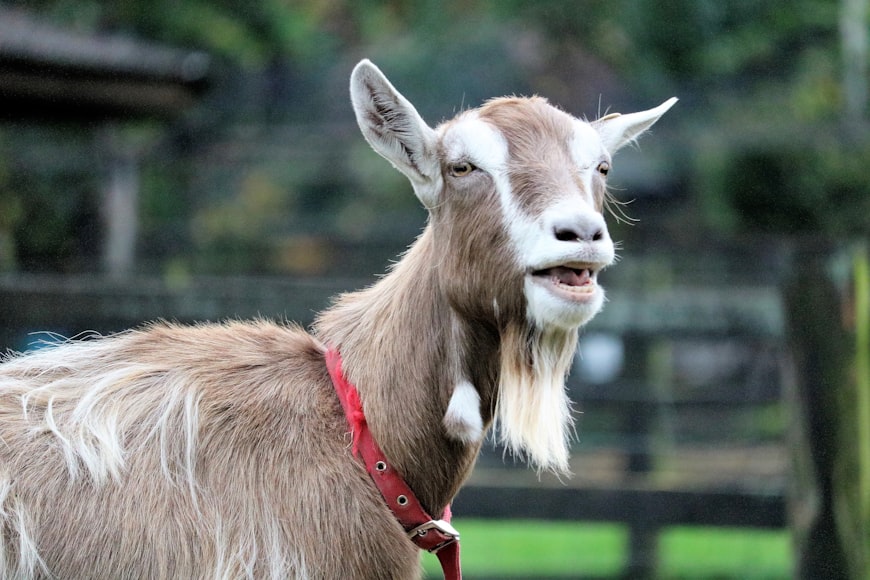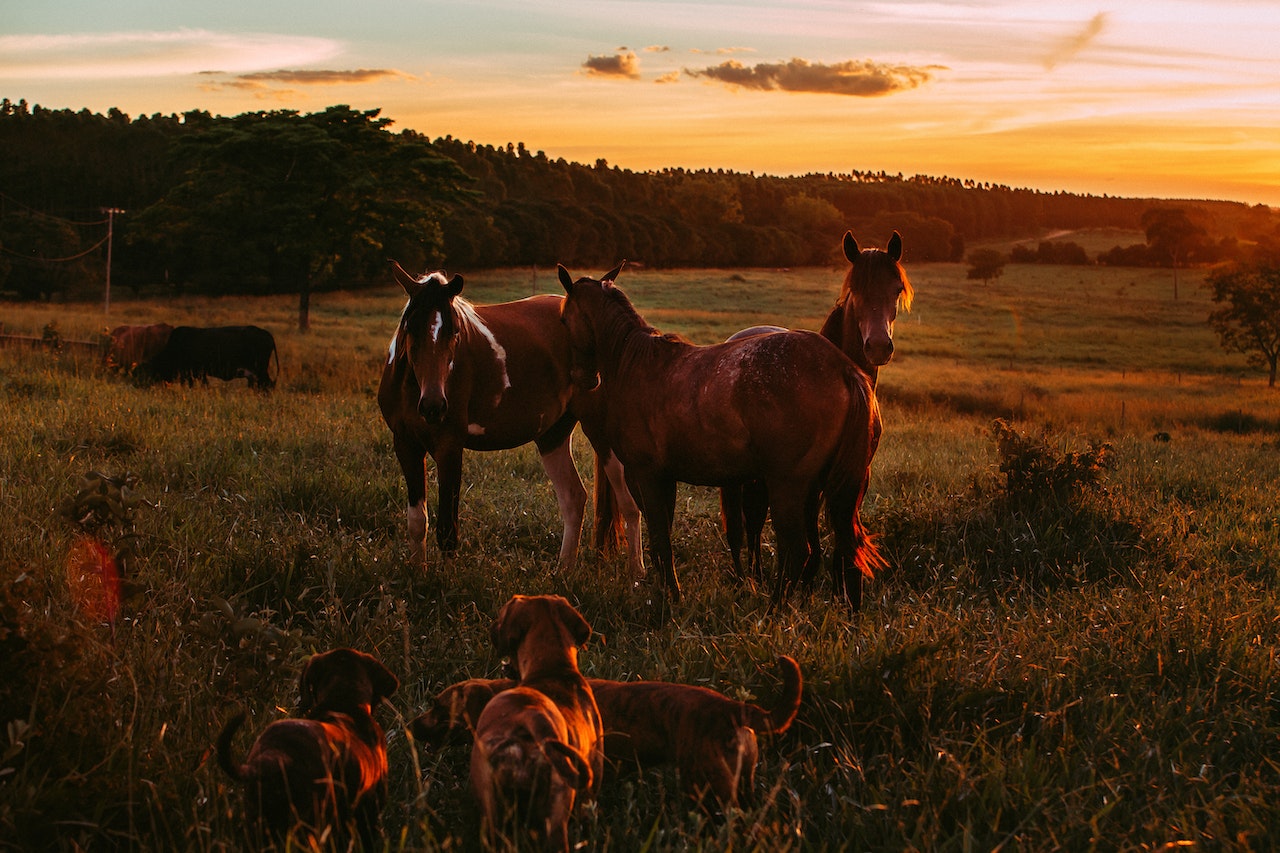No, you don’t need to feed your pig chocolate to make him fat and juicy, and no, chickens don’t have teeth. Every farmer who has ever lived in close proximity to their animals has encountered some of these myths at one time or another, so I decided to dedicate this article to debunking the 10 most common myths about farm pets. Read on to find out how much truth there actually is to these tales!
1) Farm animals are dirty

It’s true that farm animals are not as tidy as their suburban counterparts, but they’re not dirty either. They’re actually quite clean, and their dirtiness has more to do with the type of food they eat than the fact that they live on a farm. For example, pigs have natural oils in their skin and don’t need bathing. The only exception is when a pig is being prepared for slaughter and then it will be washed to remove any hair or blood.
2) Farm animals smell
One of the most common misconceptions is that all farm animals are dirty and smelly. In reality, animals have a natural desire to keep themselves clean. Chickens in particular are known for their obsessive preening behaviors. This behavior is caused by an instinctive need to remove dirt and parasites from their feathers, which would otherwise make them susceptible to disease.
3) You can’t keep them as indoor pets

Dogs and cats have been domesticated for centuries, but there are other domesticated animals that live in our homes like rats, hamsters, gerbils, sugar gliders. But did you know that some other domesticated animals also make great house pets?
4) They are dangerous and shouldn’t be kept as pets
This myth is false. Farm animals are typically kept on farms for their meat, eggs, and milk, which means that they are not in close contact with people. This often makes them calmer than other animals and more likely to get along well with humans. They also have a natural instinct to avoid people because they’ve been taught that humans mean danger.
5) They cause allergies

Farmers and their families are not more likely to get allergies than the general population, but they may be more likely to come into contact with farm animals. The most common causes of allergic reactions are certain types of animals like cats, dogs, horses and guinea pigs.
6) Pets should be walked on leashes
Leashes are a great way to make sure your pet stays safe and in line. Dogs can be walked around the yard, but cats should never be taken outside on a leash. If you do walk your cat on a leash, they may associate being on a leash with being outside and might try to escape whenever they’re out of the house. Cats need to stay inside at all times for their own safety. Make sure you have plenty of toys and scratching posts inside so they don’t get frustrated.
7) They have sharp teeth so they can bite you

While it’s true that some animals, like pigs and cows, do have sharp teeth, these animals are generally docile and won’t attack you. If an animal has a mouth full of sharp teeth, they’ll use them to eat food instead of biting you with them.
8) Other people will think it’s weird you keep farm animals as pets
It’s not weird to keep a cow, pig or other farm animal as a pet. People who think that are just being closed minded. It’s not like we keep lions and tigers as pets, so why would we have qualms about these animals? Plus, they’re really cool!
9) Petting them is gross

Pets are dirty animals. They have to go outside, after all. But according to a recent study by the University of Arizona, petting a dog not only makes you feel good, but it also has some health benefits. The study found that the act of stroking an animal releases serotonin and dopamine in the brain, which is associated with happiness and lower blood pressure respectively.
10) All they do all day is eat and sleep
All they do all day is eat and sleep: This might be true in the winter, but in the summer they’re busy trying to keep cool! Farm animals often spend their days digging holes or lounging in mud to keep themselves cool. You can also help your animal friends stay comfy by offering them a shady spot under a tree or giving them access to water.

